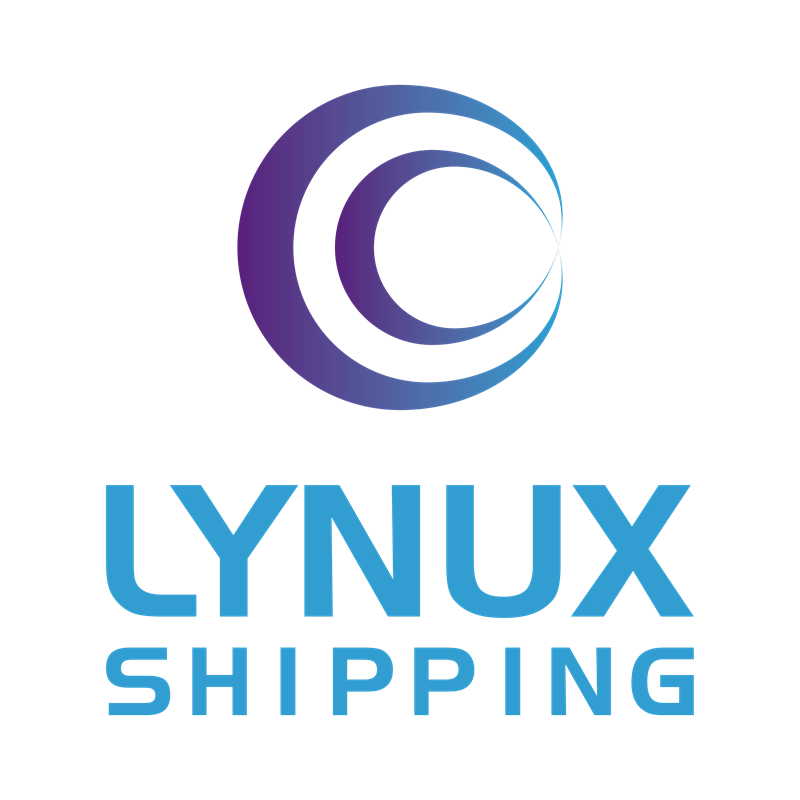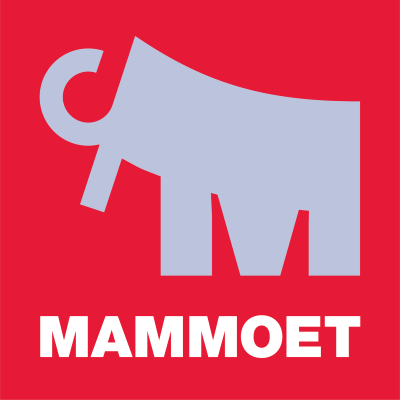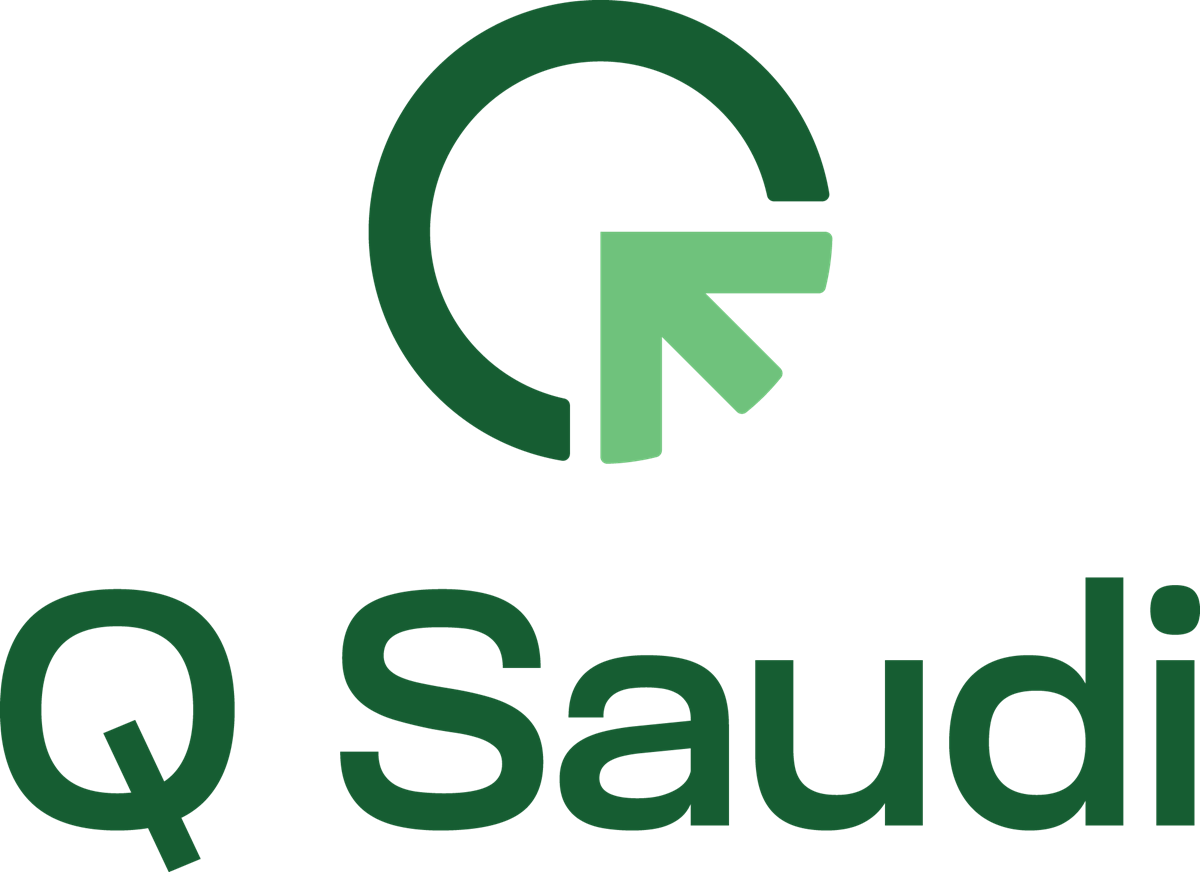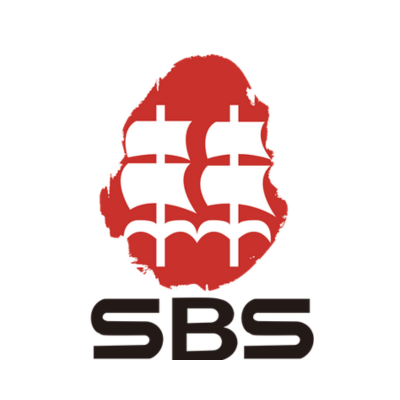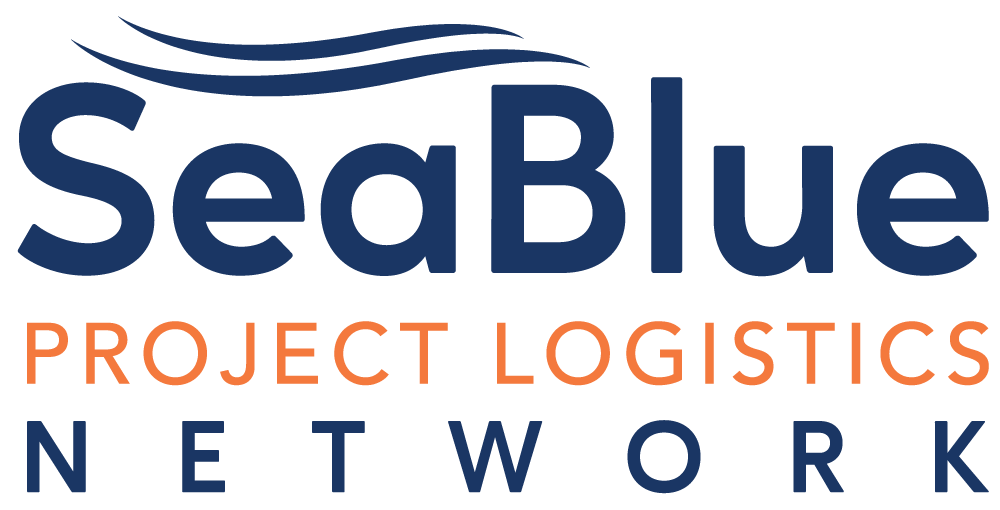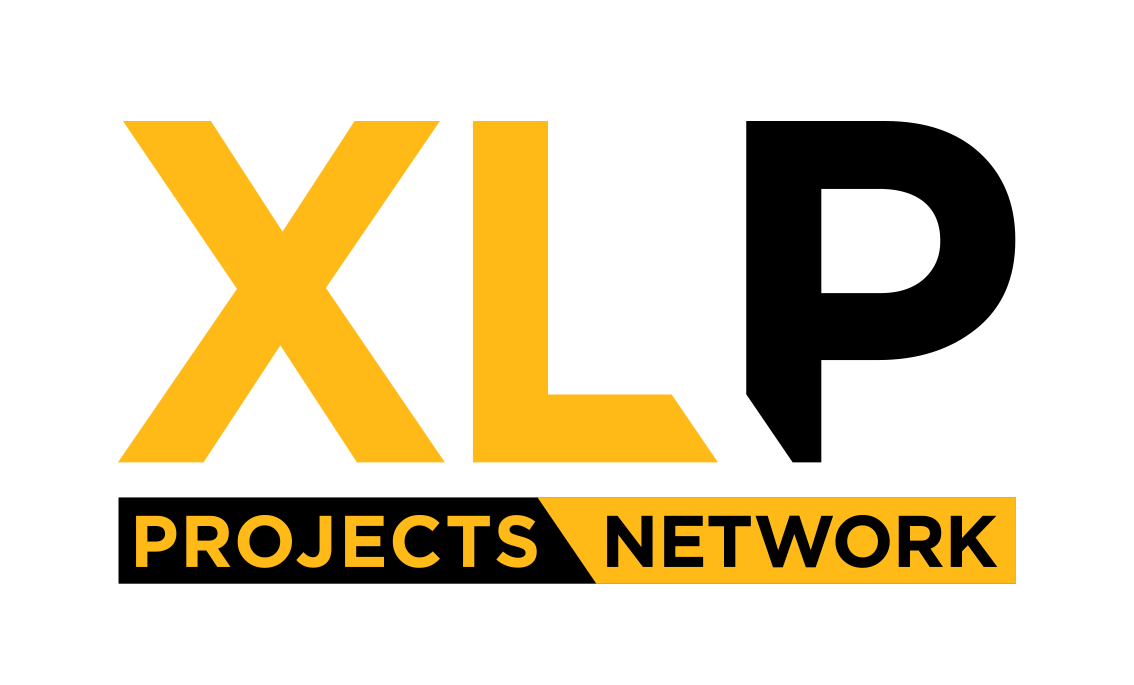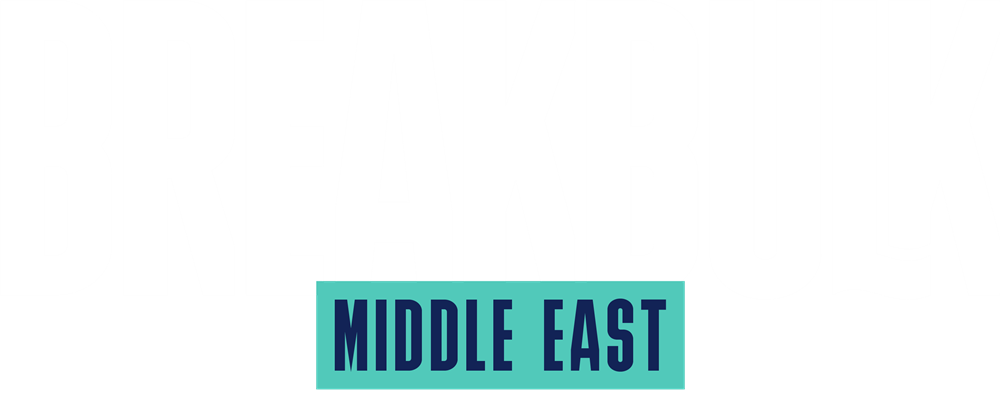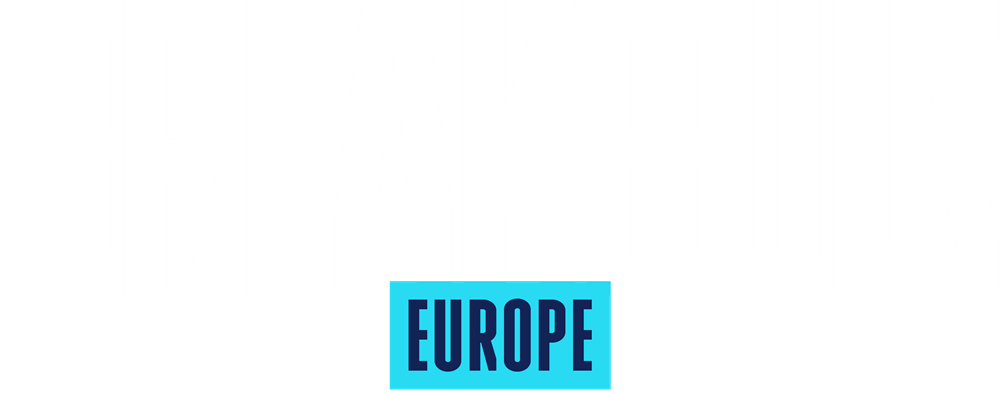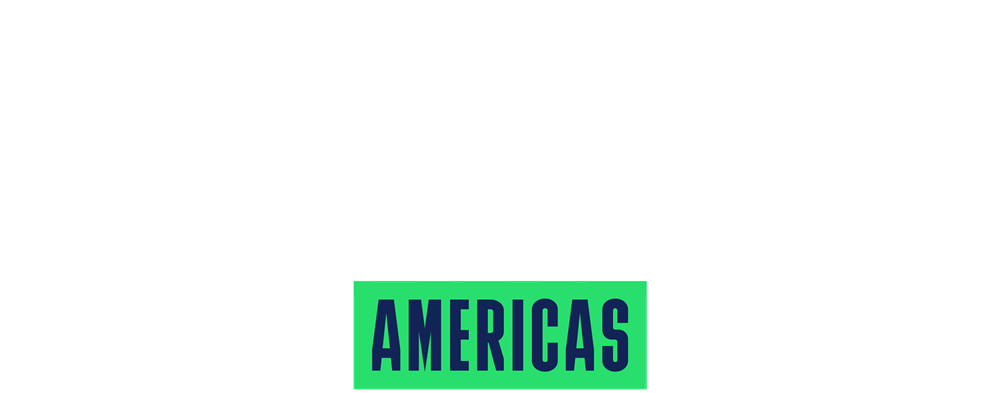Jan 18 | 2020
An interview with Finn Roden, Head of Sales Middle East, Höegh Autoliners, who will represent a carrier’s perspective at the debate session.
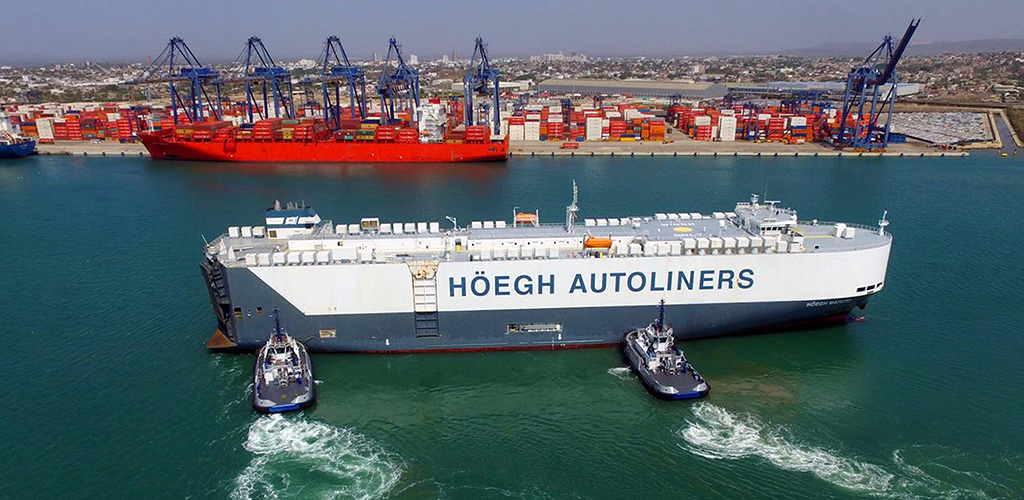
BREAKBULK MIDDLE EAST PREVIEW: You will be representing the carrier’s perspective on a panel around breakbulk supply chain disruptors. One trend that seems to be causing some upheaval is EPCs and other shippers who are choosing to go direct to service providers, instead of using a project forwarder. What are your views on this subject? What are the pros and cons for Höegh Autoliners and other carriers?
As a ro-ro carrier, a lot of our contracts involve direct relationships already, not on the project cargo side, but more frequently on the OEM side. For some of the EPCs, they have teams that go directly to carriers for larger assignments. Our objective as a ro-ro carrier is not to miss any opportunities, so we want to make sure we are in contact with the forwarder or client directly. We have lost out on cargo by as little as 10 to 20 centimeters in height, so if the prospective customer could have been involved from an earlier time, and directly with the EPC, they could have saved the freight forwarder and EPC a lot of money on transportation by making slight alterations in the manufacturing process to fit the size requirements.
This speaks to the importance of communication and ability to collaborate with the EPC as well as the forwarder. We are a port-to-port vessel operator, so we don’t get involved in the logistics, customs, etc. Nor do we involve ourselves in the collaboration and coordination with the other asset players such as heavy haulers or crane operators. This means we don’t offer the full supply chain visibility that the forwarders do.
The ocean carrier sector itself has seen quite a bit of consolidation in recent years. Will this continue or will the sector stabilize? What is your business outlook for 2020?
Operational optimization is really the key now because rates are not coming up to levels that are sustainable or what we would hope for. The ocean carrier sector, whether it be project carriers, MPV or ro-ro, will remain dynamic over the coming year. According to recent media, it is clear that large MPV operators are in a lot of turmoil right now. Based on that, there will be a state of flux around in the coming year which has been the never-ending story here for the past few years.
We have been cautiously optimistic for two to three years now on the business outlook for the Middle East and the GCC in particular. After the oil price crash of 2015, it has never rebounded to a high level which has contributed to a slow rebound. There is some optimism, but it’s offset by geopolitical challenges in the region.
The visions of the GCC countries, such as Saudi Vision 2030 and Oman Vision 2040 are interesting to follow to see what these investments bring to the table. It will be very interesting to see what the Saudi Aramco IPO infusion of cash will bring to Saudi development and project execution. The IPO is an optimistic sign for sure! We will continue to optimize and wait for opportunities.
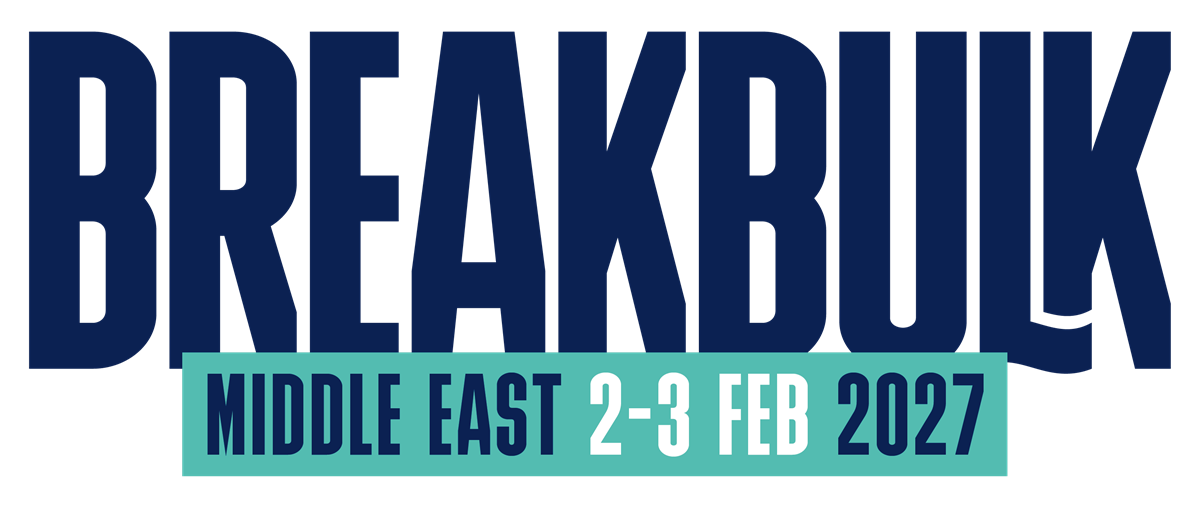
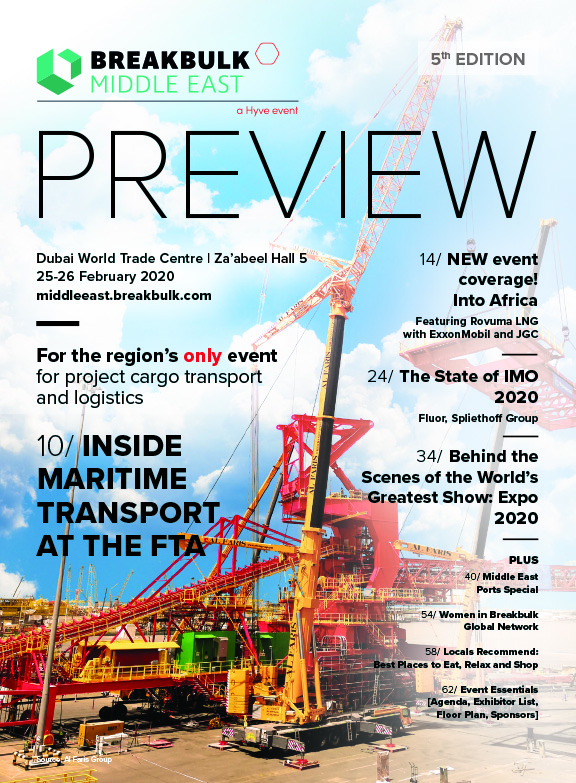
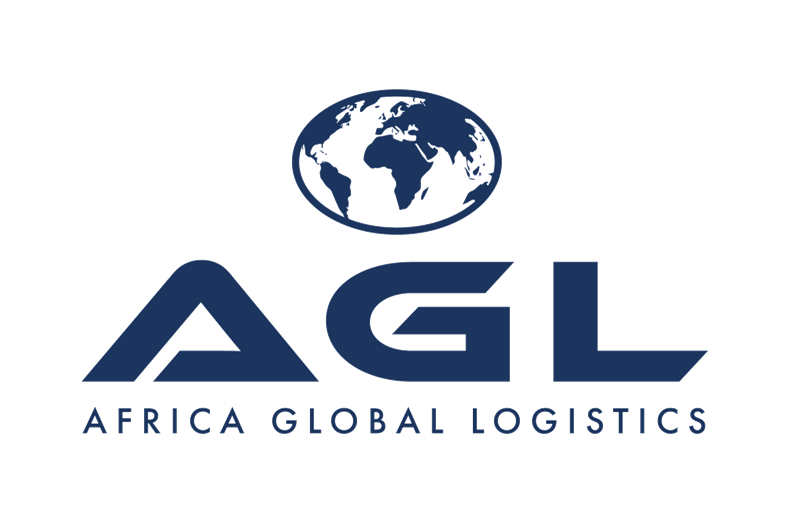
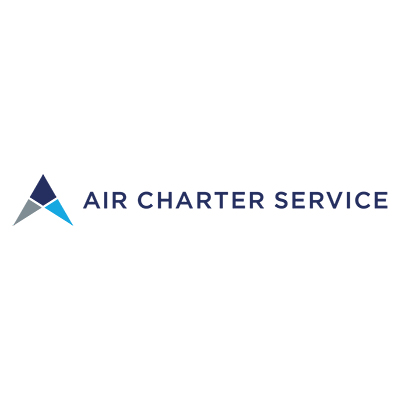

.png?ext=.png)
.png?ext=.png)
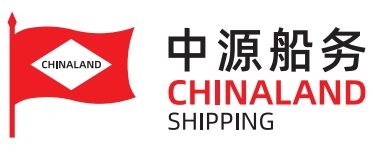
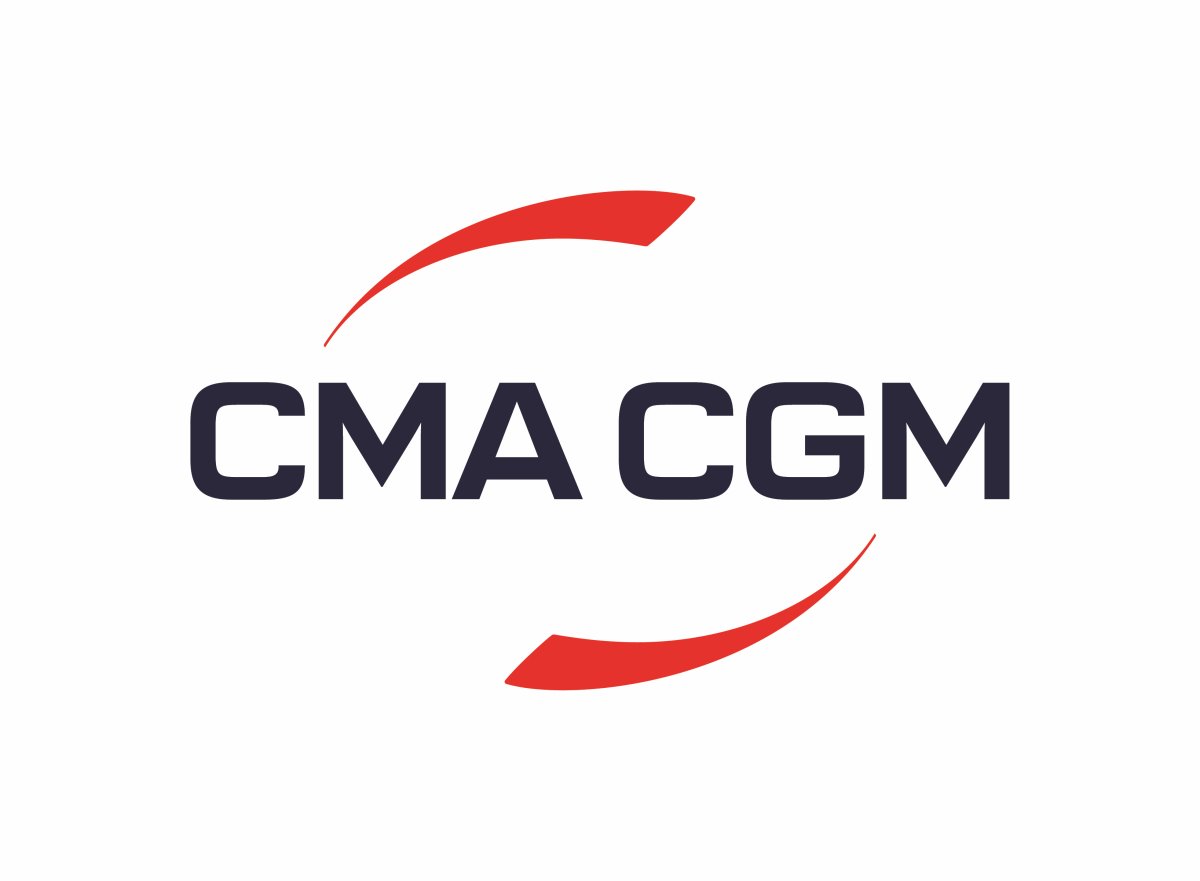
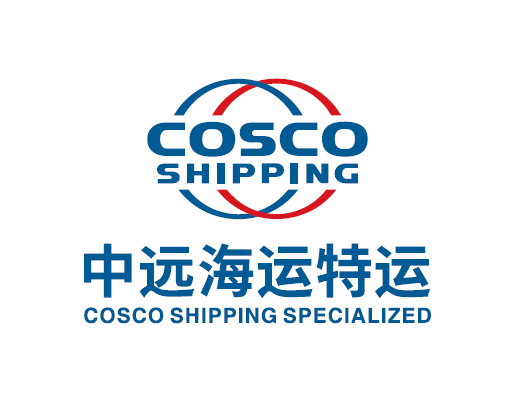
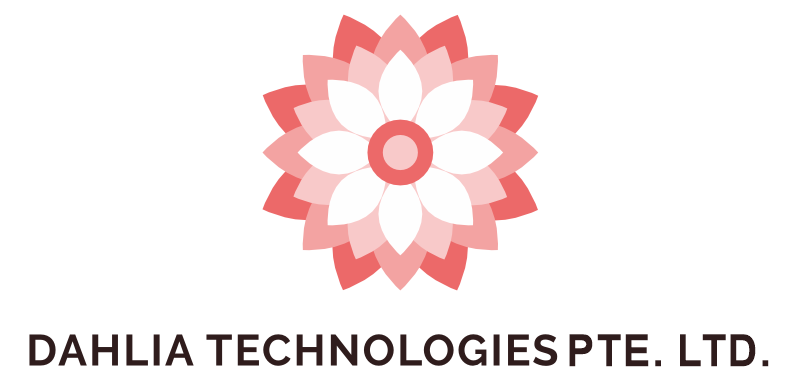
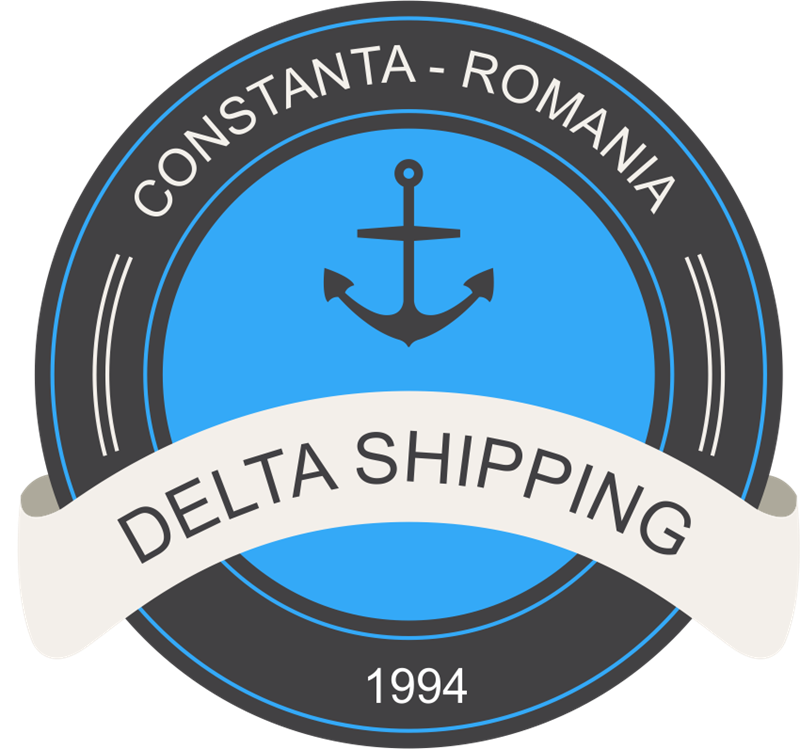

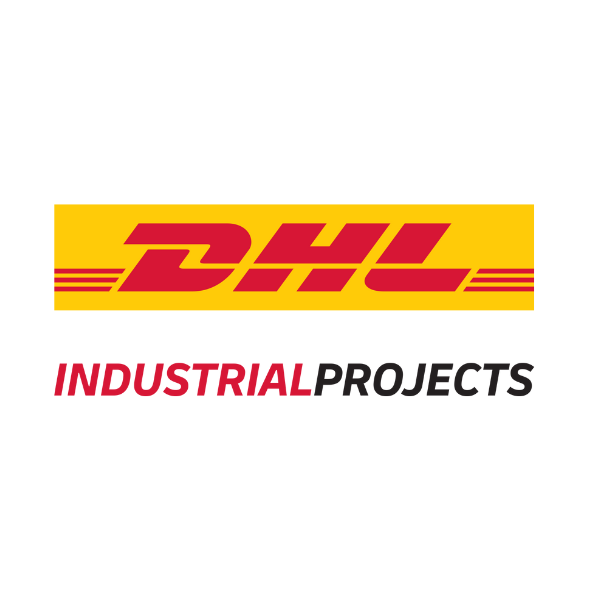
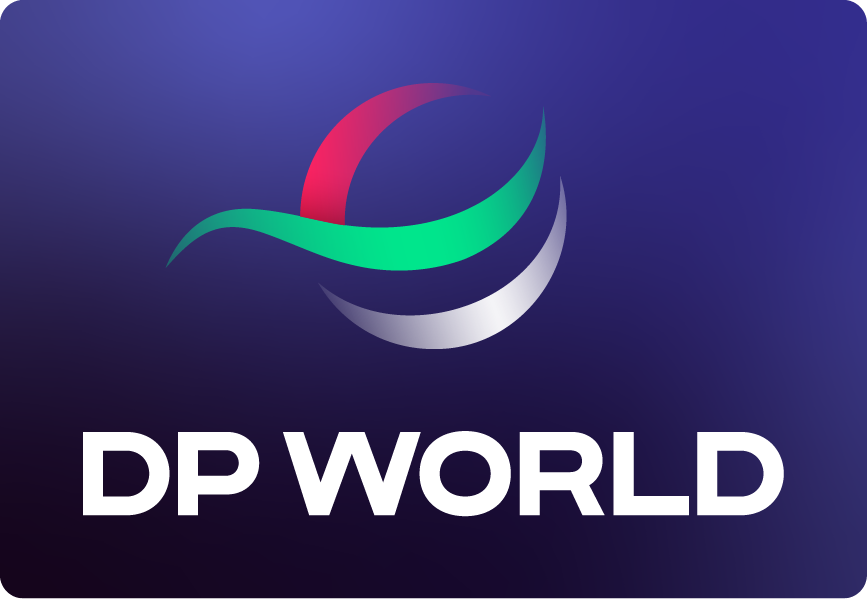
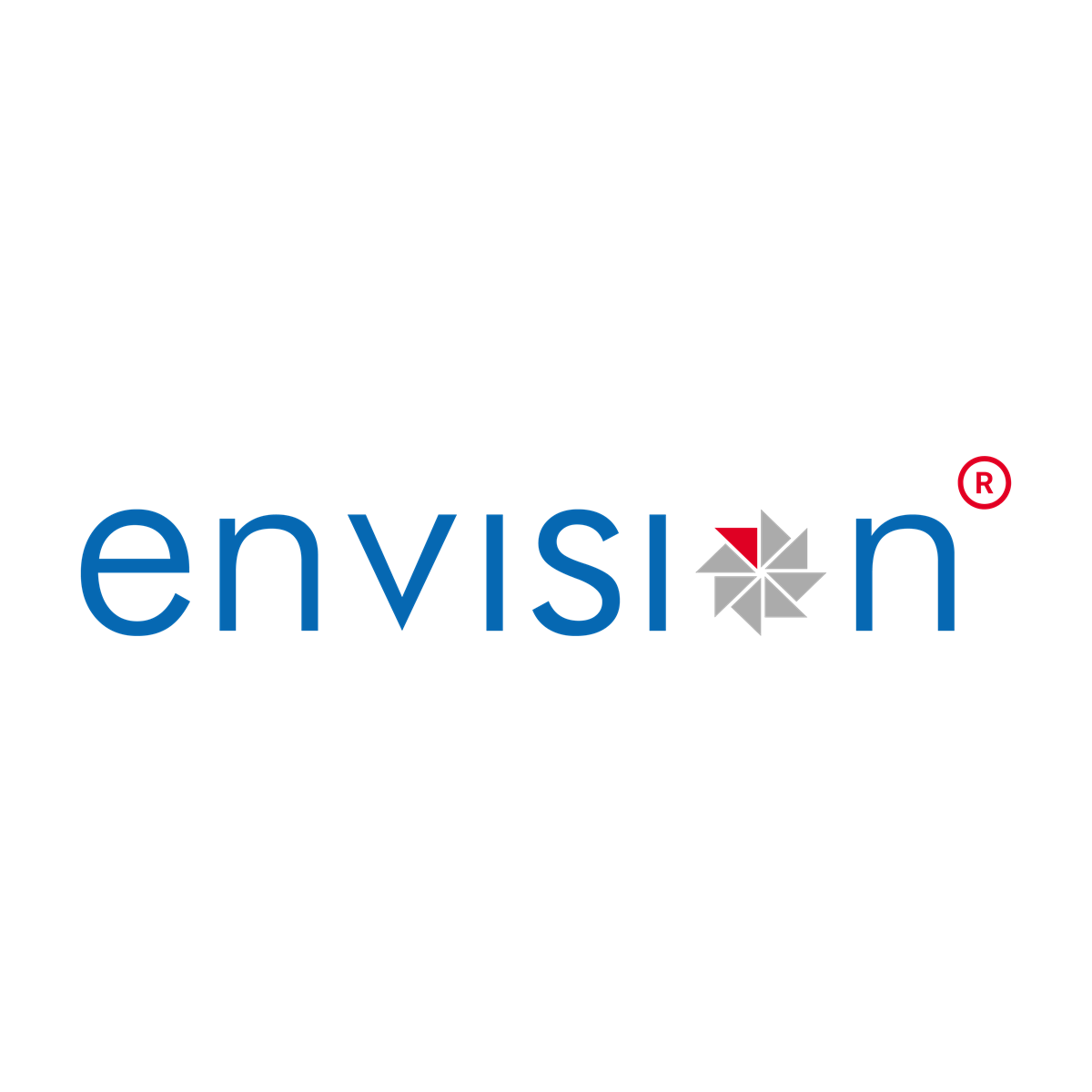

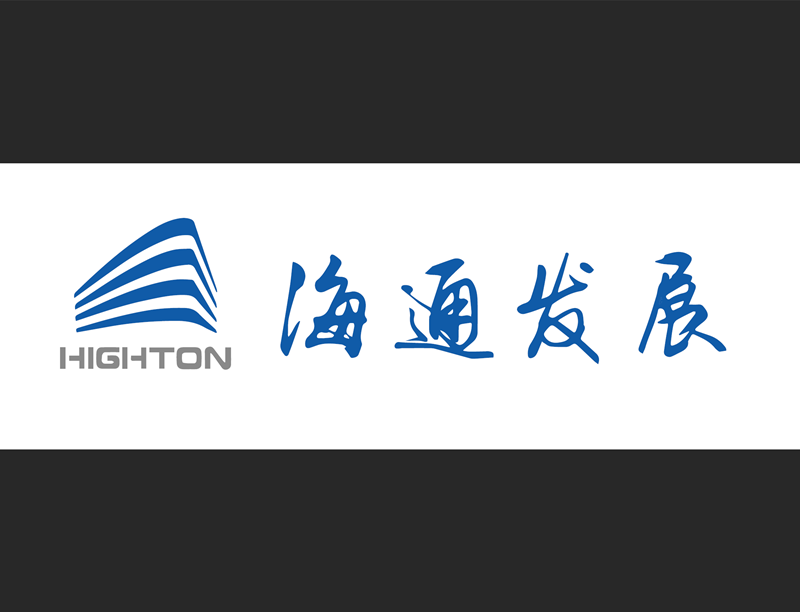
-(1).jpg?ext=.jpg)
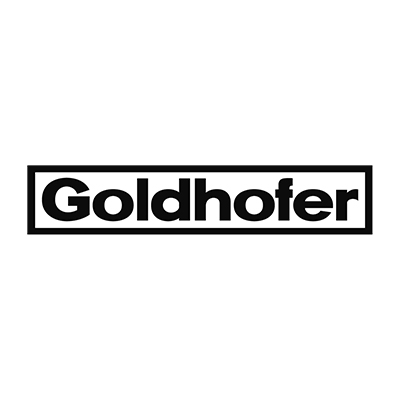
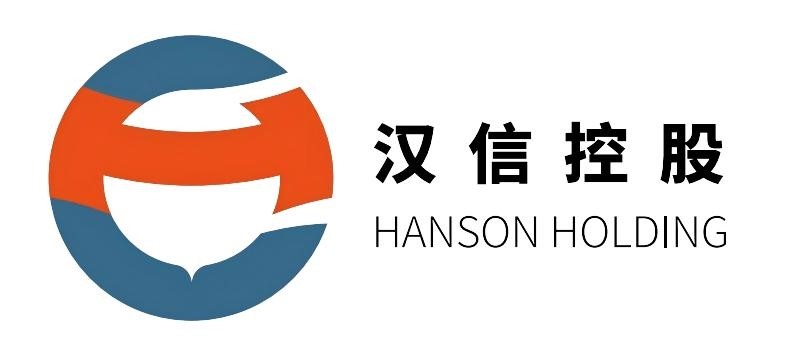
.png?ext=.png)
_2.jpg?ext=.jpg)
